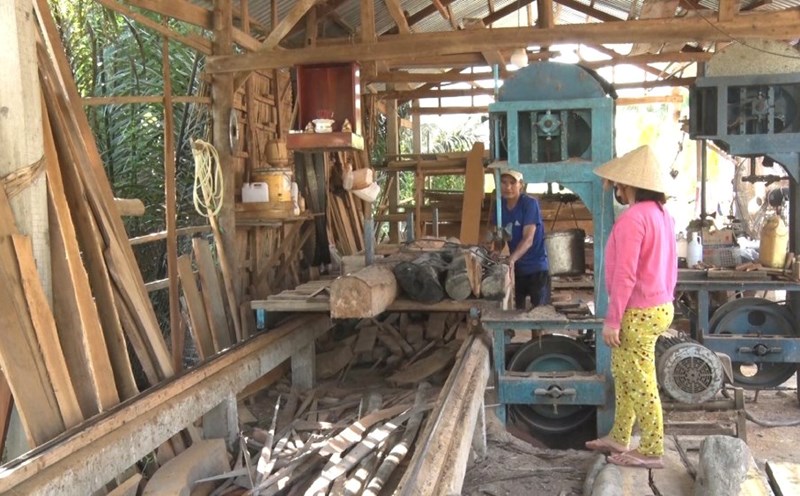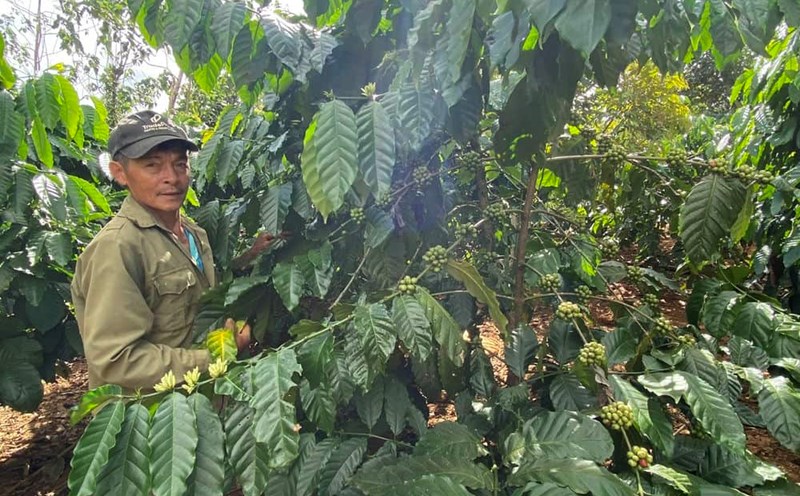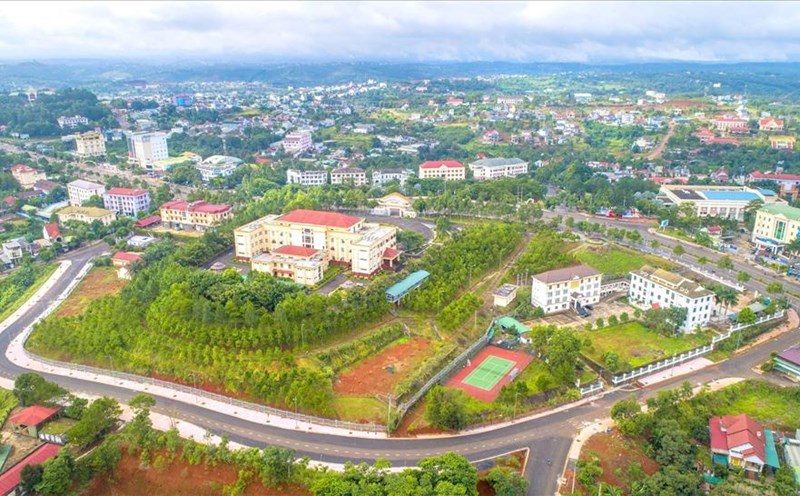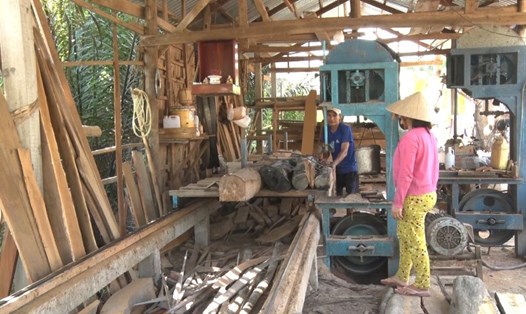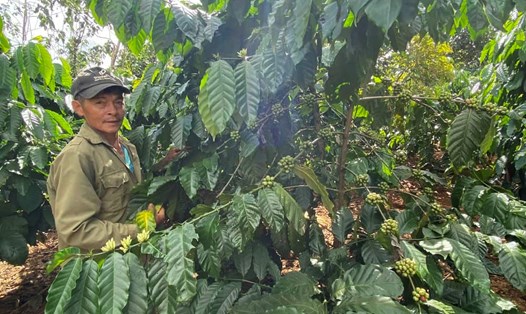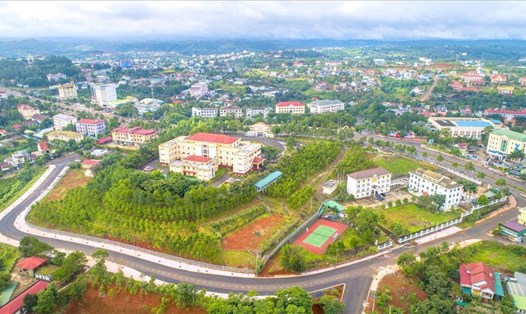Learn a trade to get a job and earn more income
In recent years, vocational training has been considered a key solution to help Gia Nghia city residents improve their skills, find stable jobs and increase their income.
Training programs focus on occupations that meet practical needs such as: Sewing, agricultural machinery repair, brocade weaving and cooking...
It is worth mentioning that the courses are designed to be short-term, flexible, and suitable to the conditions and urgent needs of the people.
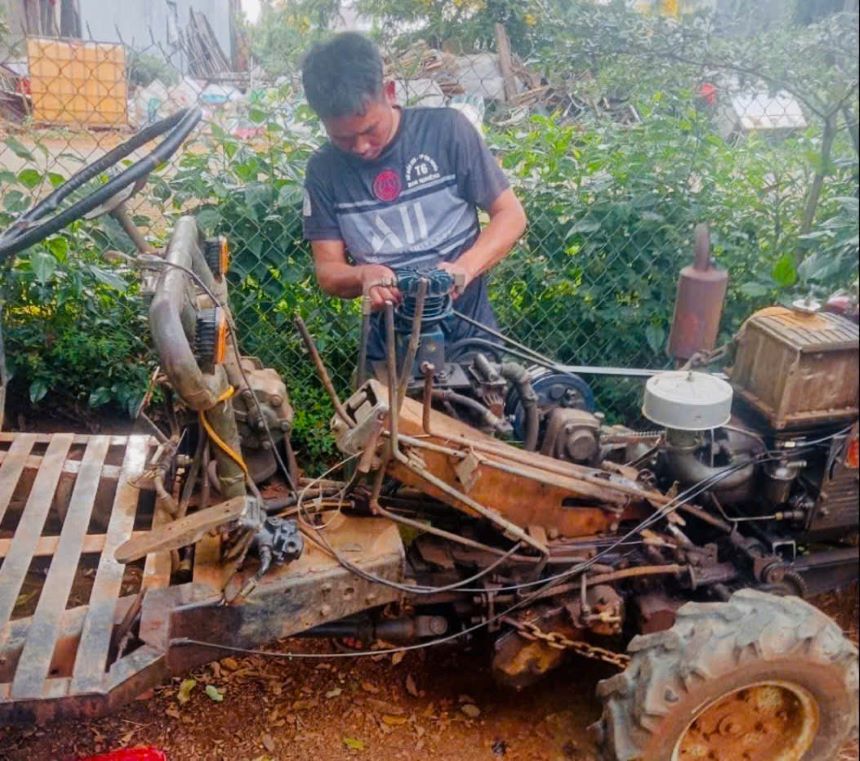
Ms. H'Na in Dak Nia commune said that after attending the cooking class, she became more confident in cooking and also had extra income from cooking for festivals in the village and from hired cooking services.
“Before, I was not confident in cooking. Thanks to the vocational class, I can cook delicious dishes for my family and friends and earn extra income,” Ms. H’Na shared.
According to Ms. H'Na, many other students after completing the course have also found stable jobs at restaurants, wedding parties or opened their own small restaurants, gradually improving their lives.
According to the Gia Nghia City People's Committee, the local motto is "learning to do". Therefore, the courses not only equip professional knowledge but also focus on developing practical skills, helping students easily integrate into the working environment.
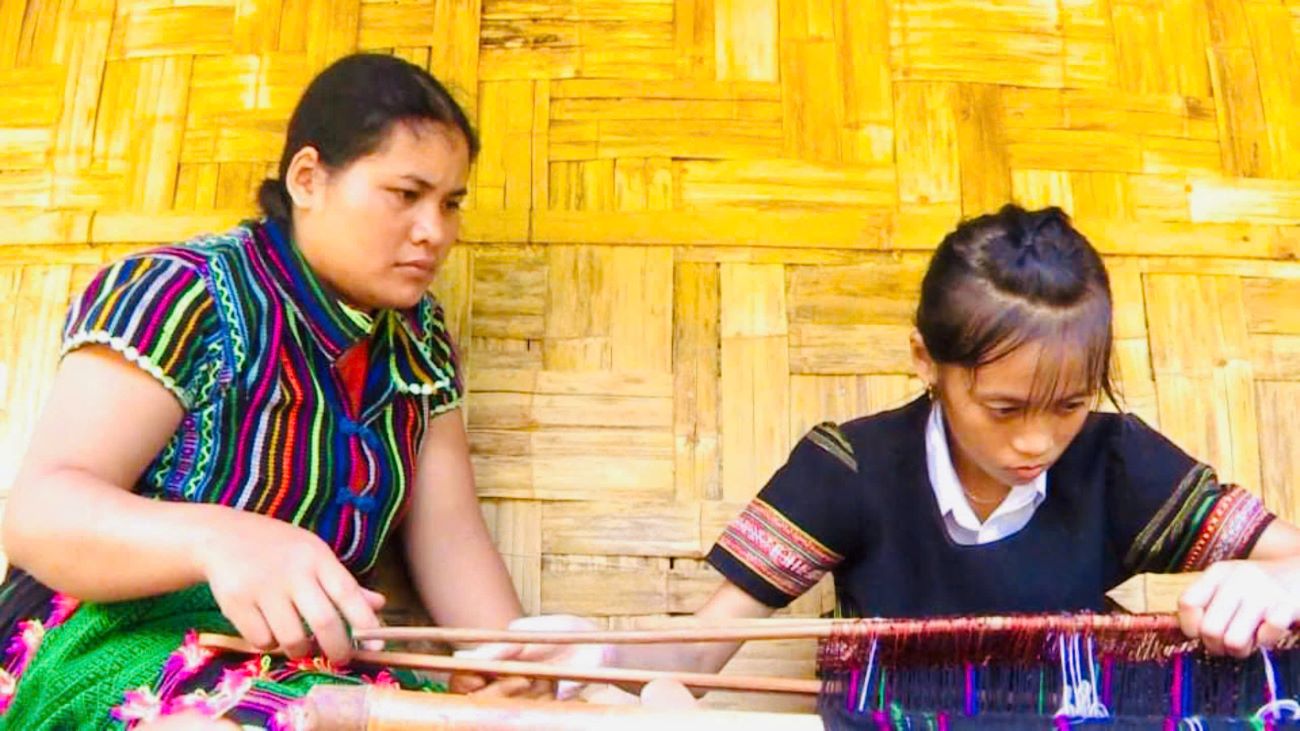
Still facing many challenges
In reality, vocational training in Gia Nghia city still faces many challenges. In 2024, the city approved 3 vocational classes with 105 students.
However, although the authorities have actively promoted and mobilized, the number of registrants is still not enough to open a class.
One of the biggest difficulties is the mentality of waiting and relying on some people. Many people, even though they are supported with training costs, still refuse to participate if they are not supported with additional food and transportation.
Ms. Le Ngoc Yen, a recruitment officer in Dak Nia commune, shared: “Although we have mobilized many times, there are still many poor and near-poor households who refuse to participate in vocational training. They are more accustomed to receiving support than to proactively learning a trade to escape poverty.”
In ethnic minority areas such as Dak Nia commune, propaganda work faces many difficulties when a part of the labor force suffers from social evils such as alcoholism or laziness.
This has made it difficult to convince people to join vocational training courses. In some areas such as Quang Thanh ward, many workers have already stabilized their jobs from previous courses, so there is no need to learn new skills.
Another difficulty that vocational training in Gia Nghia faces is the lack of local vocational training facilities.
Elementary courses, under 3 months, often have to hire outside units or cooperate with Dak Nong Community College, integrating classes. However, for these classes, individuals are reluctant to travel far, so they do not participate.
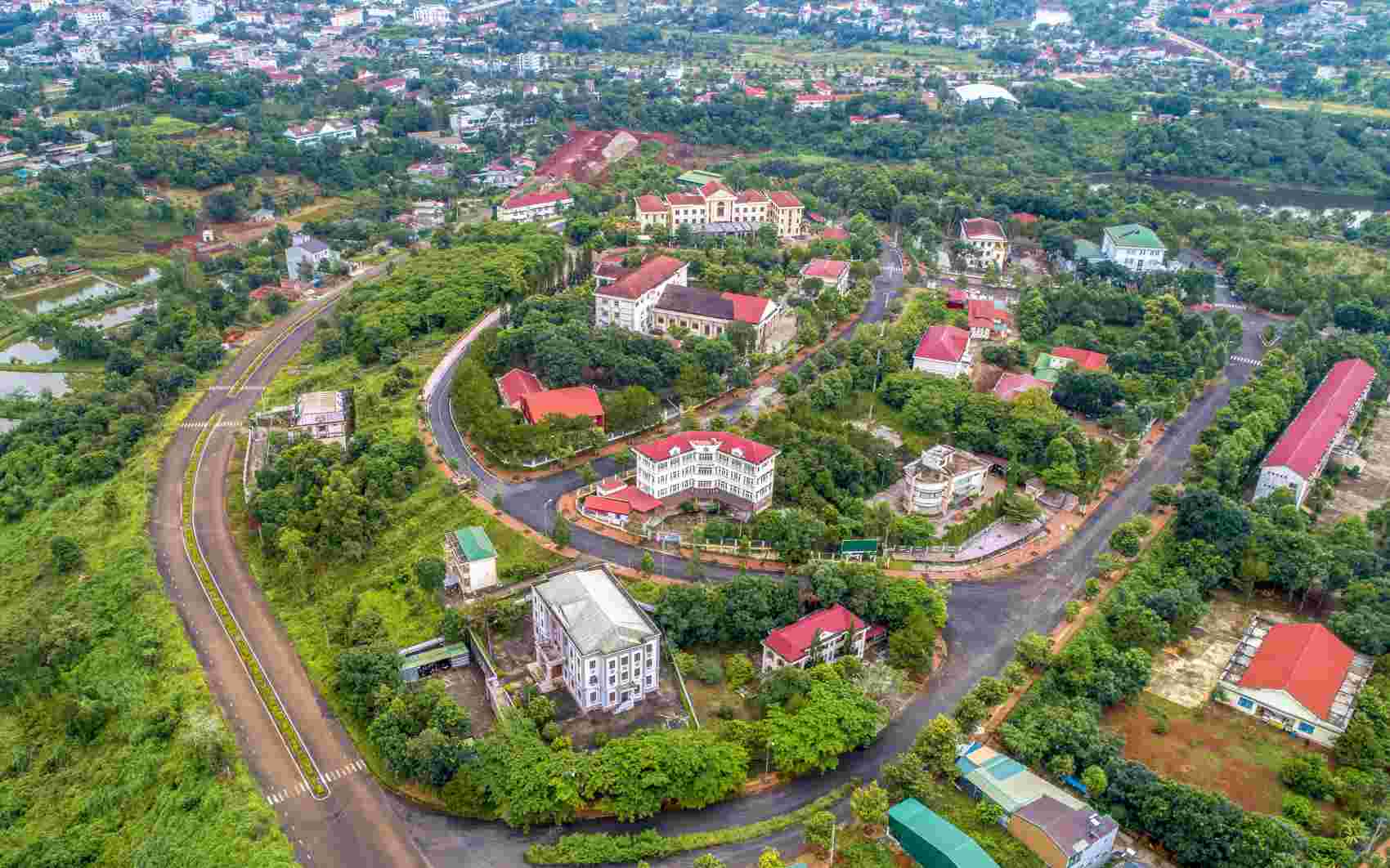
Currently, the Gia Nghia city government has tried to find a solution by cooperating with Tay Nguyen Polytechnic College to bring courses to disadvantaged areas. However, this problem has not been completely resolved.
In addition, the timing of vocational training courses also encountered many obstacles when they coincided with the crop season, especially the coffee harvest time. Many workers were busy with farming work and had to miss the opportunity to attend the courses.

